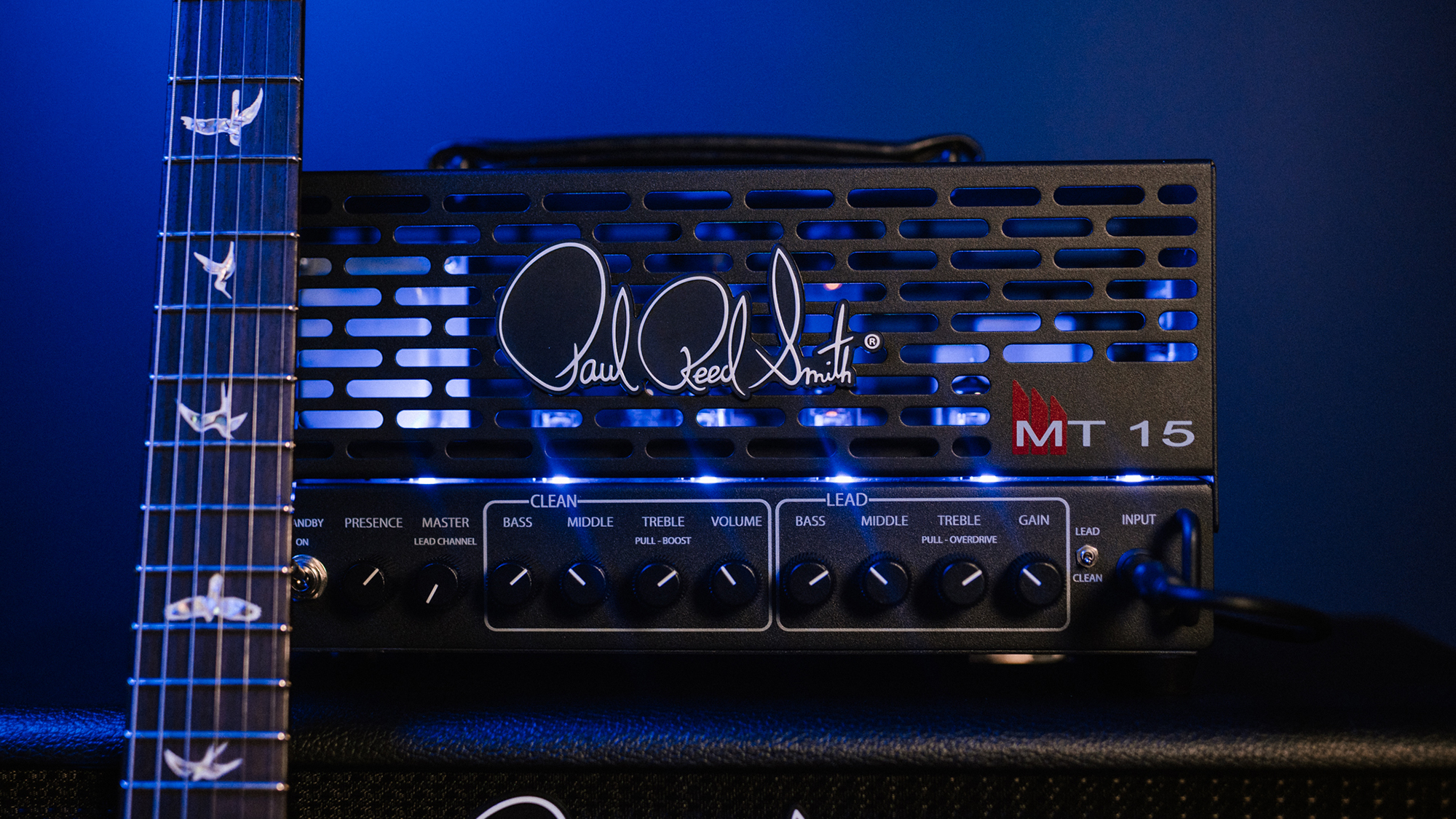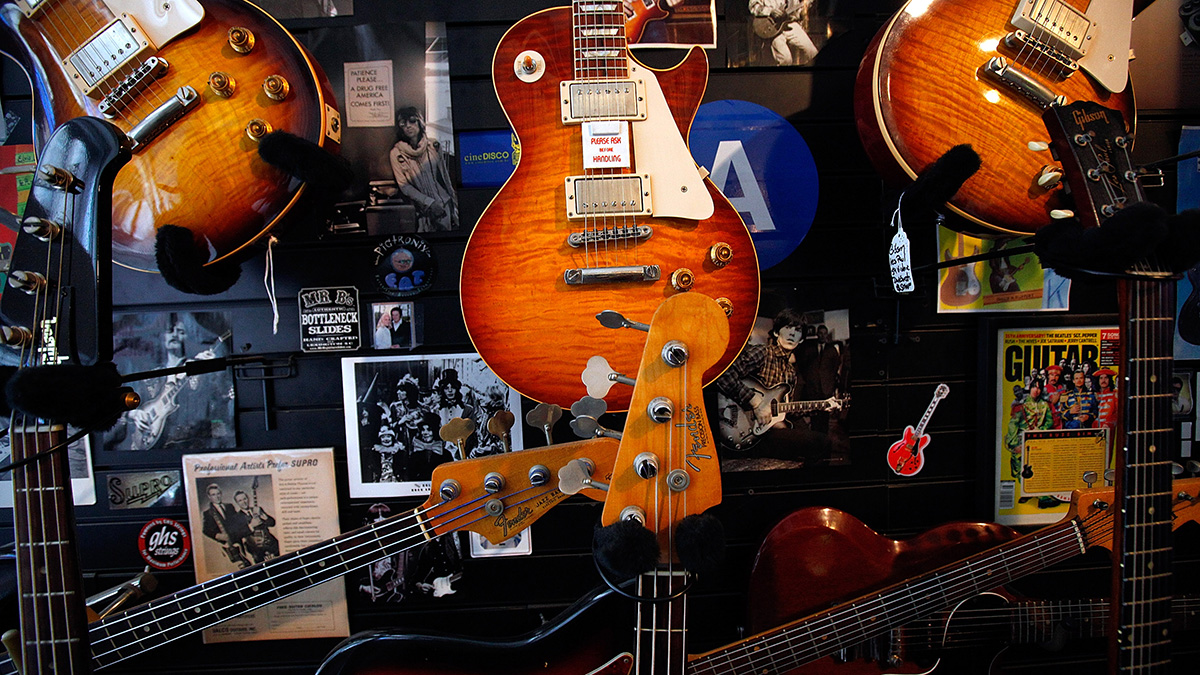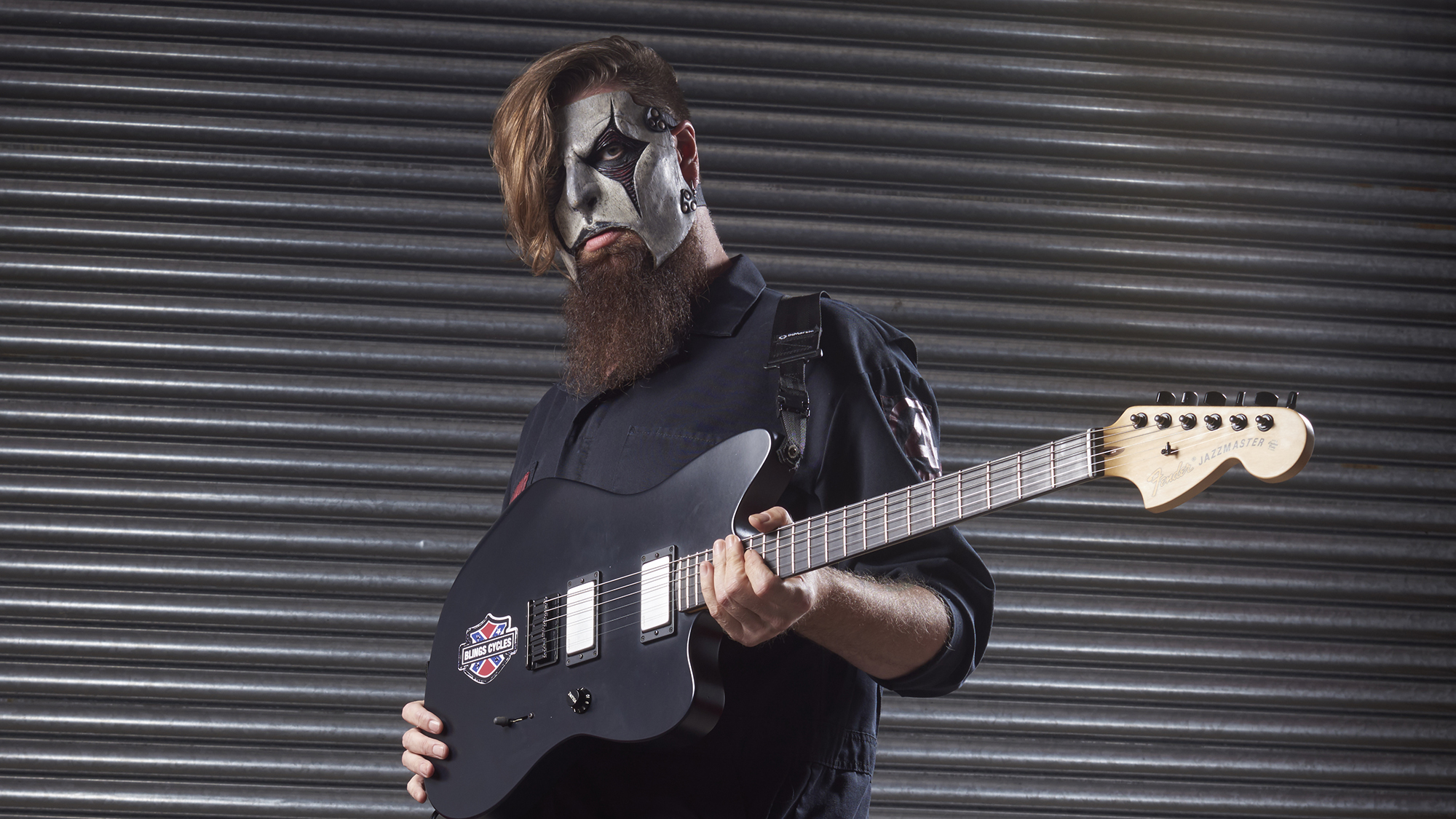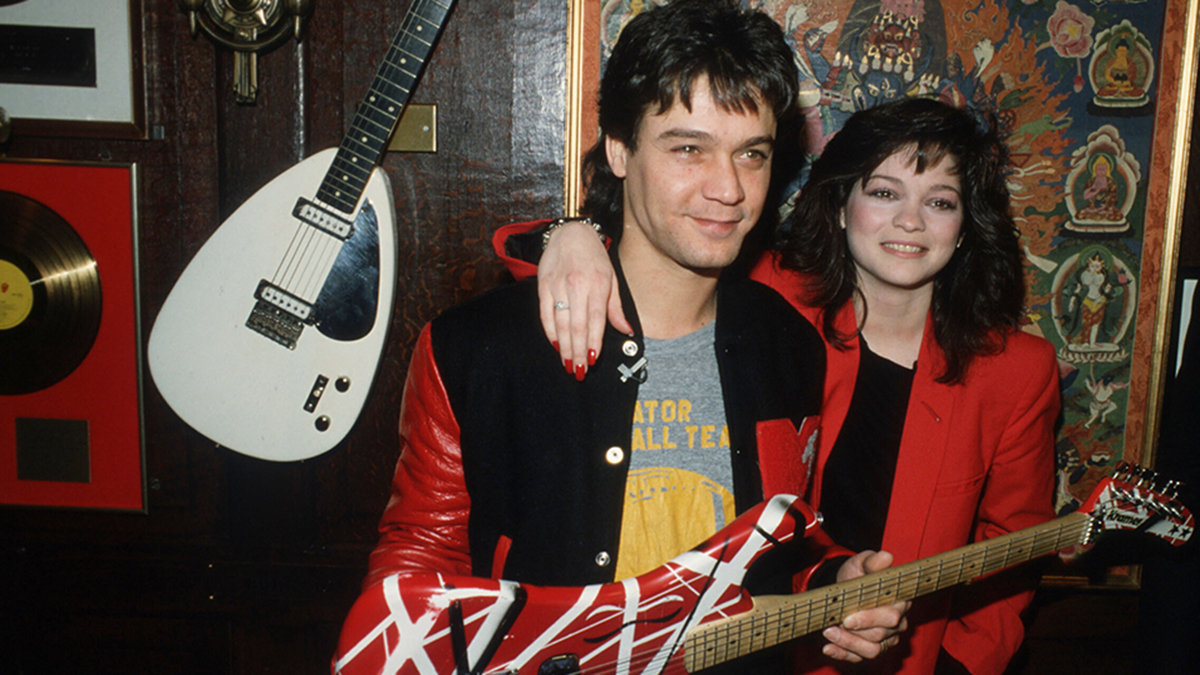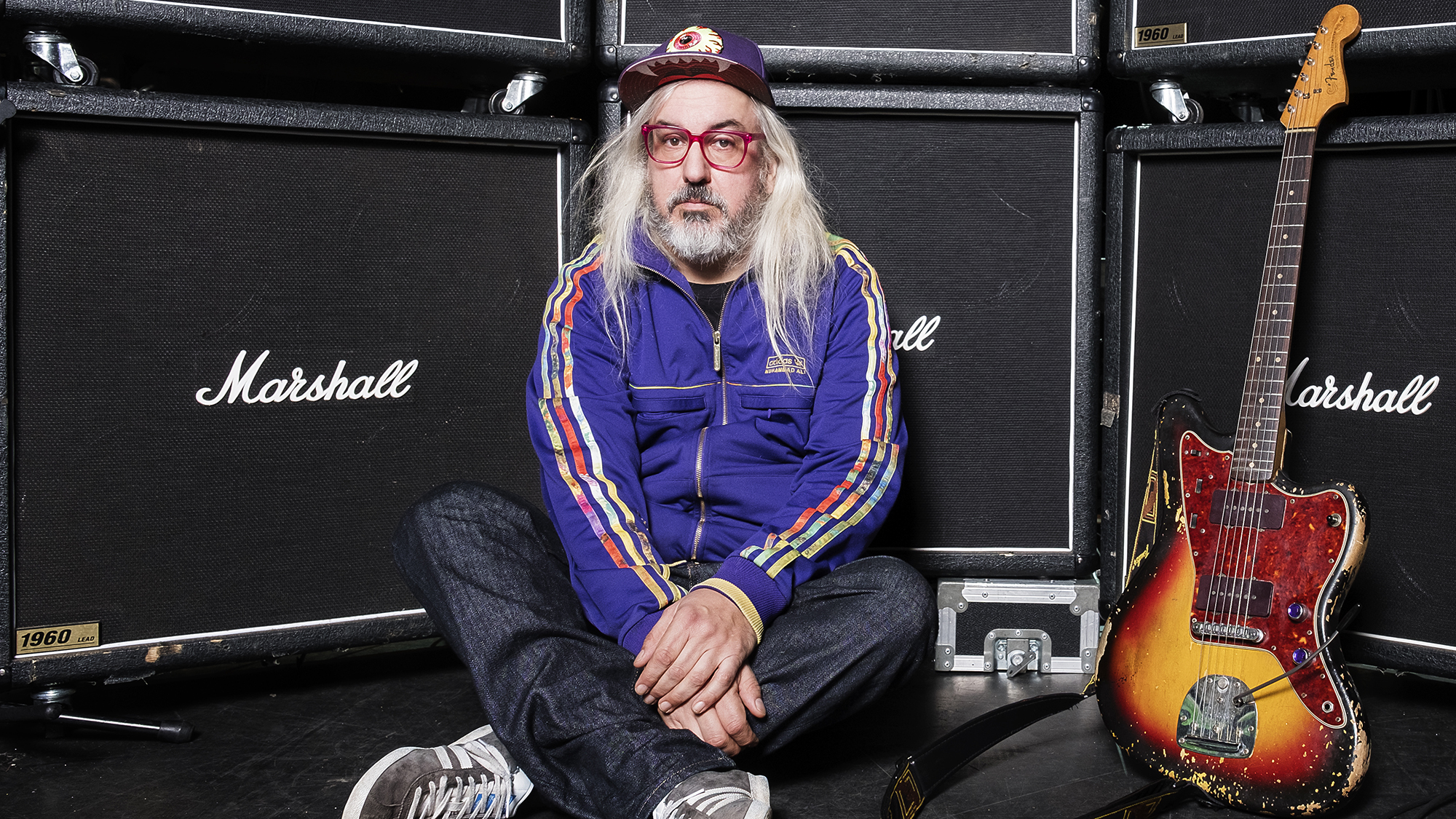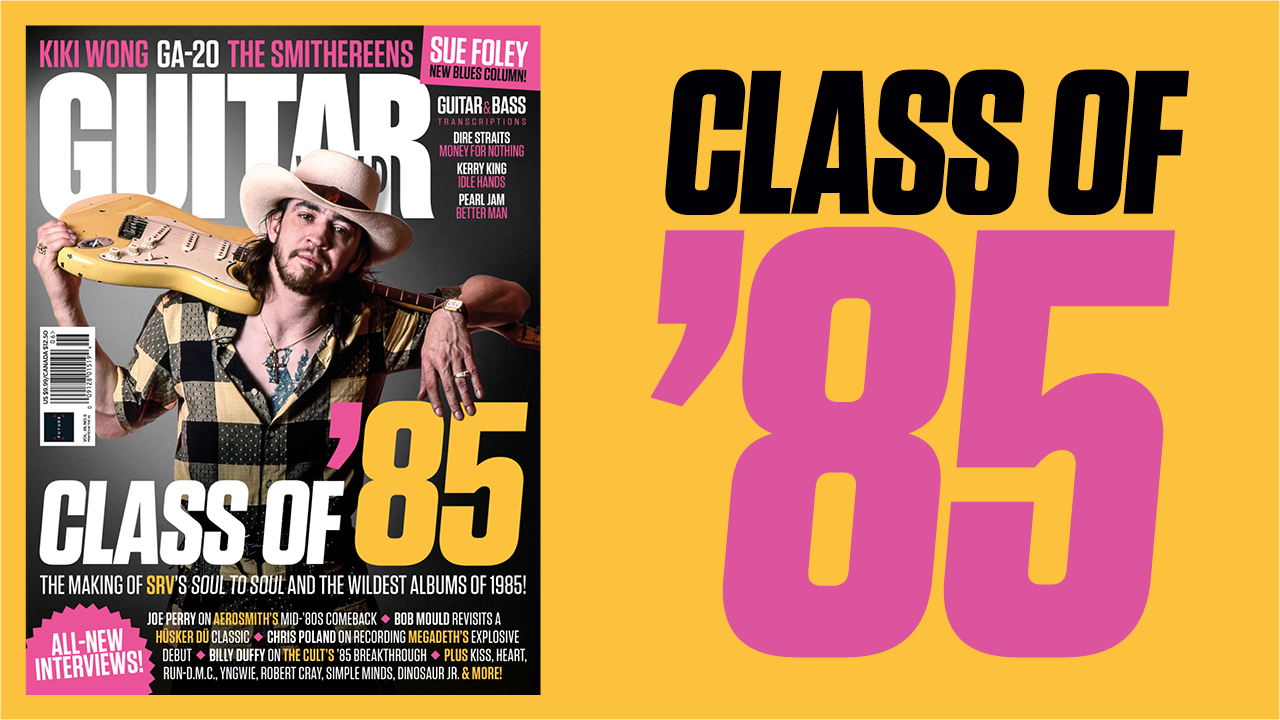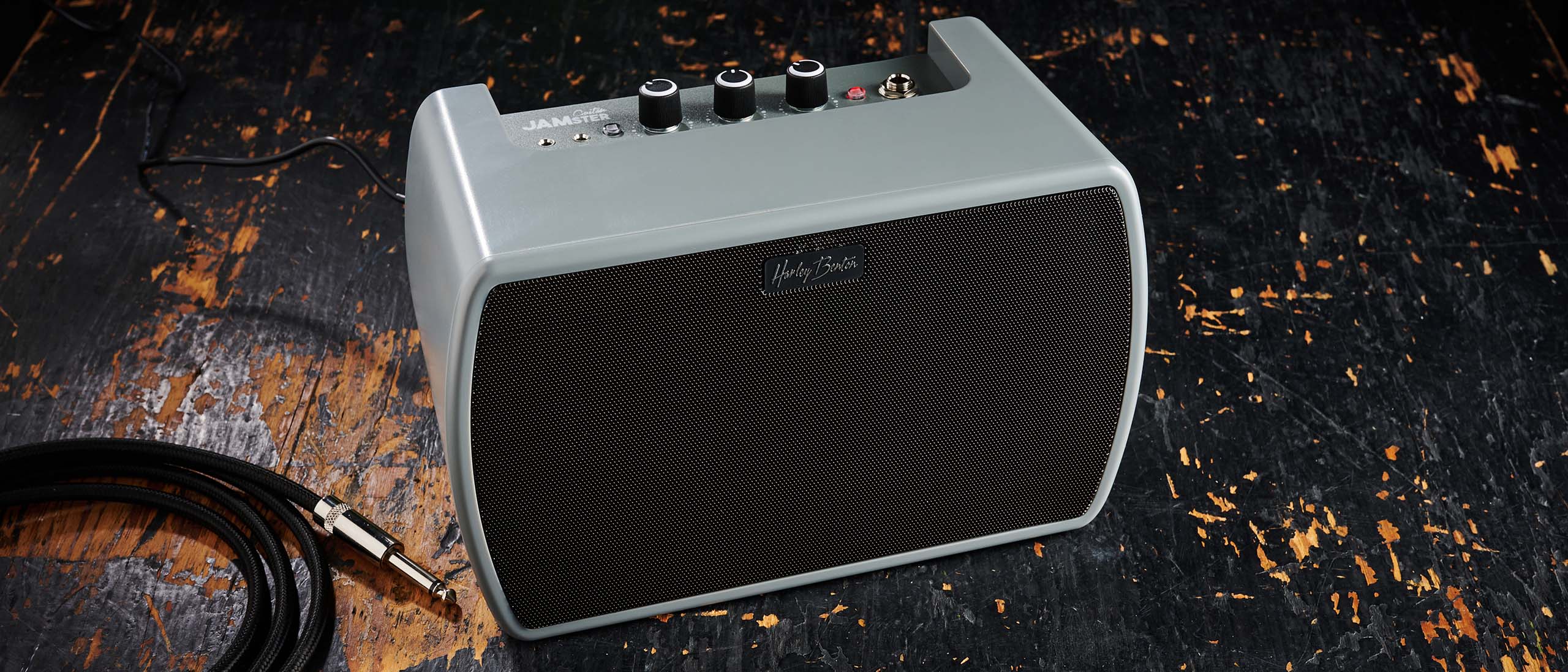“Billy Gibbons brought some off-brand amp simulator to the studio. We heard him playing through this thing and it was like, ‘Wow! It sounds like f**kin’ Billy Gibbons!’” Troy Van Leeuwen might have just proven beyond doubt that tone truly is in the hands

By now, it seems like the “tone is in the hands” school of thought is a widely accepted theory of guitar playing. In a nutshell: no matter what gear an individual plays through, they will always sound like themselves, owing to the unique nuances in feel and touch between every guitarist.
We’ve seen countless artists supply anecdotes about playing their peers’ gear only to sound exactly like themselves – and as if we needed any more evidence to support the tone hands argument, Queens of the Stone Age’s Troy Van Leeuwen has now provided another.
Speaking to MusicRadar, Van Leeuwen was quizzed about Funny Little Boxes’ Skeleton Key – a new overdrive pedal that supposedly nails the QOTSA tone – and asked whether that one pedal would be enough to capture the band’s heralded sound.
Naturally, Van Leeuwen was skeptical (“There’s not one pedal that does it, so good luck!”) and went on to offer his own perspective on sound by observing, “My philosophy is that a lot of the way you sound as a guitar player is in your fingers.”
To prove his point, Van Leeuwen recalled the time QOTSA were visited by Billy Gibbons – who appeared on the band’s 2006 single Burn the Witch – and reflected that the ZZ Top icon still sounded exactly like himself while playing through an unassuming, off-brand digital amp simulator.
“When we worked with Billy Gibbons, he brought some gear to the studio,” Van Leeuwen explained. “This was our first meeting. I don’t even think it was a Line 6 POD; it was some off-brand amp simulator, and we were just like, ‘Yo, plug into one of our amps!’
“But the funny thing is, we heard him playing through this thing and it was like, ‘Wow! It sounds like fuckin’ Billy Gibbons!’”
Get The Pick Newsletter
All the latest guitar news, interviews, lessons, reviews, deals and more, direct to your inbox!
Of course, Gibbons doesn't play through this unnamed amp simulator all the time, so the fact he was able to harness the individualistic feel he gets from his various Marshall tube amps from what seems to be a budget digital product is pretty strong evidence in favor of the fact that, yes, tone is in the hands.
But Gibbons is hardly fussy – after all, he gets his pedals on Amazon – and his favorite brand starts at $15.
Van Leeuweun went on, “Billy Gibbons wouldn't sound like Queens ever because he just sounds like he does and it doesn’t matter what he uses.
“Yeah, we could go through all this gear, all this stuff, and there are a lot of secrets we’ve been keeping over the years, but I think that’s the fun part, the magic of being an individual. It’s about teaching people to get their own sound. That’s where I’m coming from.”
As mentioned above, this is by no means the first time a high-profile player has argued that tone truly is in the hands – and you can be assured it won’t be the last, either.
Another guitarist whose own opinions on the matter would align with Van Leeuwen’s is Steve Lukather, who recently affirmed “there’s no magic guitar, just magic people”. “I’ve played Eddie Van Halen’s guitars, Jeff Beck’s guitars,” he told Guitarist, “and I sound like me.”
Bettencourt would also agree. Speaking to Rick Beato earlier this year, the Extreme virtuoso said he played Eddie Van Halen’s guitar rig in a bid to sound like his hero to no avail: “[Playing Van Halen’s rig] was the big[gest] bitch slap of all time when you realize, ‘Holy shit, it’s all about you. It’s all about your fingers.’”
The list goes on: John Mayer once made an Epiphone Les Paul and Roland practice amp sound like a PRS Silver Sky/Dumble combo, while Joe Bonamassa told Guitar Player that a player’s individual touch was more important than gear.

Matt is the GuitarWorld.com News Editor. He has a Masters in the guitar, a degree in history, and has spent the last 16 years playing everything from blues and jazz to indie and pop. When he’s not combining his passion for writing and music during his day job, Matt records for a number of UK-based bands and songwriters as a session musician.
“The Beyoncé effect is, in fact, real. I got a lot of traffic just from people checking the liner notes”: With three Grammy wins and plaudits from John Mayer, Justus West is one of modern session guitar’s MVPs – but it hasn’t been an easy ride
“You might laugh a little. The post office shipped your guitar to Jim Root”: This metal fan ordered a new guitar from Sweetwater – but it ended up with the Slipknot guitarist
